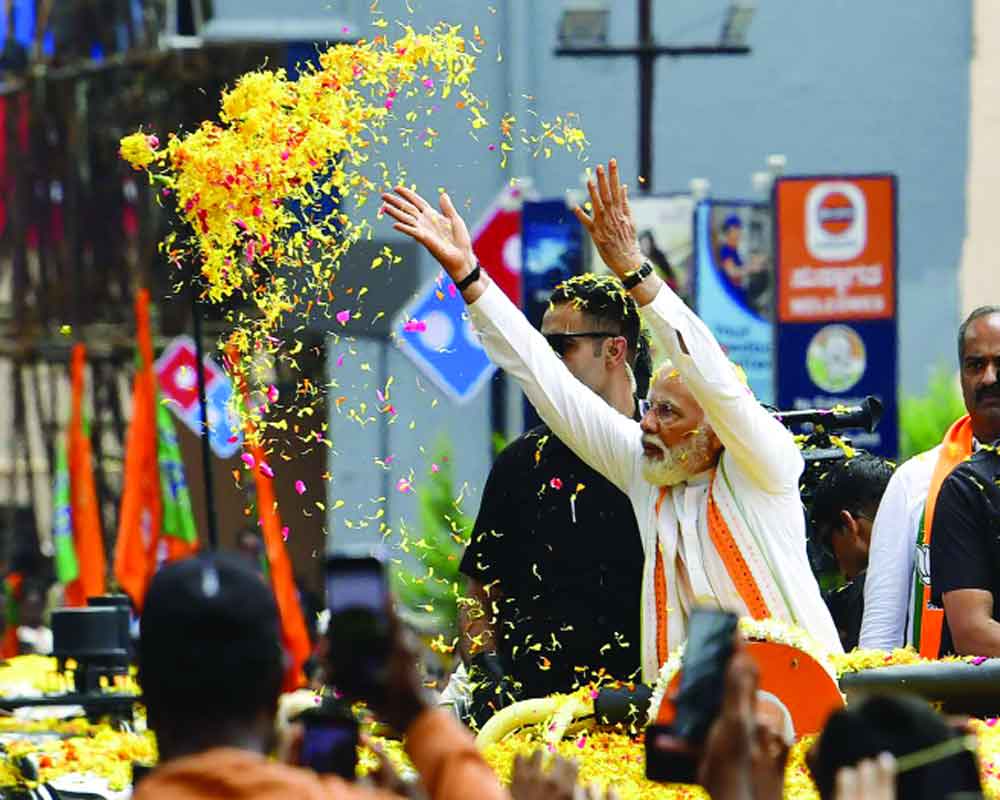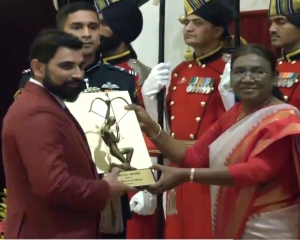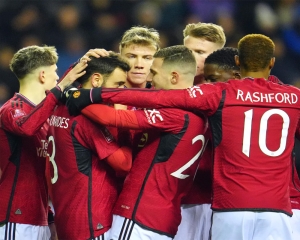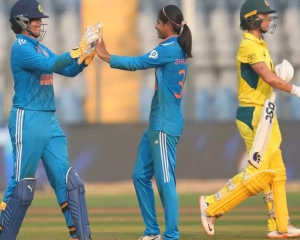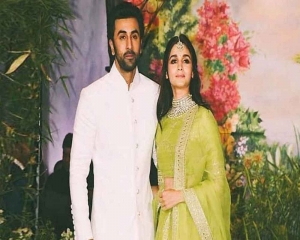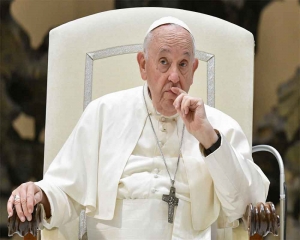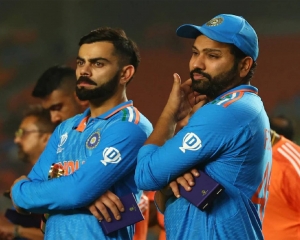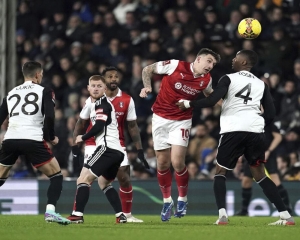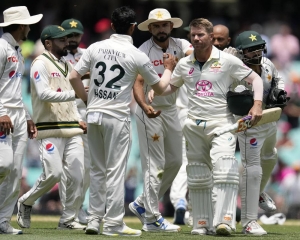Can the enormous popularity of Prime Minister Narendra Modi help the Bharatiya Janata Party achieve electoral success in the southern states?
The Party is seeking to gain more voters in the challenging southern region. Its presence is limited in states like Tamil Nadu, Kerala, Telangana, and Andhra Pradesh. Since it has already peaked in the northern states, the BJP needs to secure more seats in the South. Last week, Modi began his election campaign for the 2024 elections in the southern states of Tamil Nadu, Kerala, and Lakshadweep. He also inaugurated several multi-crore projects.
The BJP has access to unlimited funds and has well-organised party workers on the ground. To achieve the Party's objective, 40 central ministers had been fielded in the South. In Telangana, the Bharatiya Rashtriya Samithi (BRS) has been present since its establishment in 2014 but recently lost the State to Congress. Kerala is ruled by Congress or Left-led fronts, while Tamil Nadu alternates between Dravida Munnetra Kazhagam (DMK) and All India Anna Dravida Munnetra Kazhagam (AIADMK) In Karnataka, Janata Dal (Secular), Congress, and BJP have all had a turn in power.
Several factors influence voters in the region. They include caste, money, power, ideology, cinema, and liquor. In Tamil Nadu, political figures such as CN Annadurai, M Karunanidhi, MGR, and Jayalalithaa have significantly influenced voters. In the past, N.T. Rama Rao played a crucial role in united Andhra Pradesh. However, the B.J.P. currently lacks prominent leaders in the southern states. With the passing of influential leaders like M Karunanidhi and Jayalalithaa, the BJP is trying to fill the political void.
The BJP won 29 of the 130 regional seats in the 2019 elections, including 25 in Karnataka and four in Telangana. However, the Party lost the state to the Congress in last year's assembly polls.
The All India Anna Dravida Munnetra Kazhagam (AIADMK) was a significant ally of the BJP. However, they ended their alliance three months ago, and neither Party has attempted to reconcile since then.
The southern states of India are known for their unique cultures. One noticeable difference is the language divide between the North and South. While Hindi is the preferred language in the North, the South predominantly uses English and local languages. Dravidian Parties in Tamil Nadu oppose the use of Hindi and follow an atheistic ideology. On the other hand, Kerala has a robust communist presence and alternates between Left Front and Congress-led coalitions.
The method of using population as a measure for constituency delimitation has led to the South feeling mistreated. This is because the population control measures implemented by Southern states have resulted in a decline in population compared to the North, leading to a sense of unfairness. As a result, the North, which has yet to enforce any population control measures, will be allocated more parliamentary constituencies than the South.
A possible solution to address the delimitation issue is to consider changing the composition of the Rajya Sabha. This can be inspired by the US Senate's approach of guaranteeing equal representation of all states. However, this proposal could face resistance from bigger states in the US
Prime Minister Modi is attempting to change the perception that the BJP is not aligned with the culture of South India. The BJP must still reach a mutual understanding with Southern states. The opposition coalition, INDIA, controls most of the Southern States. They are determined to unseat Modi in 2024
The BJP has a strong focus on Hindutva, the construction of the Ayodhya Ram temple, and an anti-Muslim stance. However, these views may be less popular among voters in southern regions of India. The Opposition parties like DMK, AIADMK, TDP, and BRS hold dominant positions in their respective states. Specific communities such as Vanniyars, Thevars, and Gounders have influential roles in Tamil Nadu. In Karnataka, Vokkaligas and Lingayats have influence, while Reddys and Kammas are rivals in Andhra Pradesh. However, Brahmins have lost power. In Kerala, Communists opposed the rival Congress in the state, which is also a member of the INDIA coalition. In Telangana, K. Chandra Shekhar Rao, a Velama leader, held sway, but in 2023, Congress snatched the state.
Religion is not a major political issue in South India. The BJP's views on Christian conversions or hostility towards Islam have yet to gain any traction in the region. The southern states have not experienced any religious conflicts. This is because the minorities have assimilated themselves with the local population.
For the Bharatiya Janata Party (BJP) to gain success in South India, they need to adapt to the local cultural norms and political strategies. They must form alliances and regain the support of former partners. To achieve this, the BJP should revise its election strategy and develop a new narrative. Failing to do so will result in the opposition coalition INDIA becoming stronger and posing a significant threat to the BJP.






